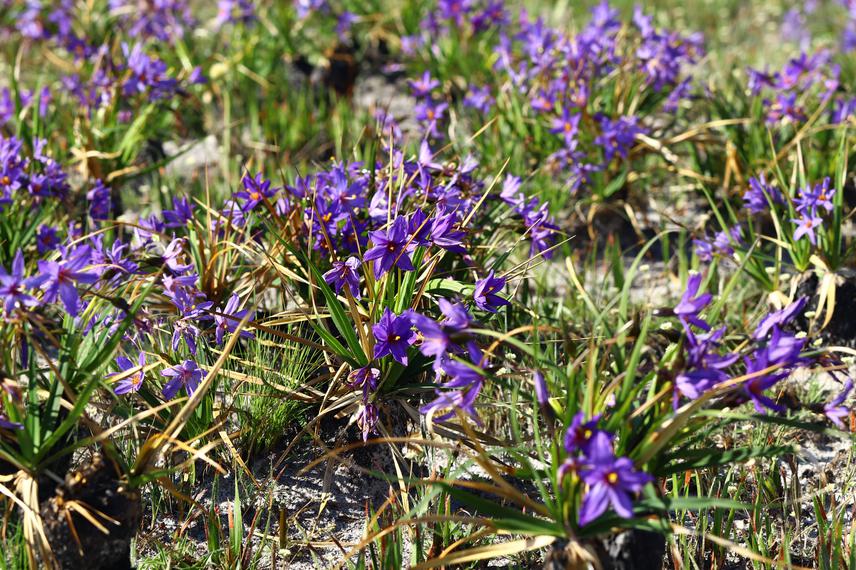Gudryan Jackson Barônio
Other projects
3 Apr 2020
Ant-Plant-Pollinator Interactions in Fire-Affected Plant Reproduction: Effects of Distinct Fire Regimes on the Pollination Process and Plant Reproduction
The wildfire and the fire management can promote changes in several features related to the interactions between plants and pollinators in the communities. Previously, I have studied how plant and pollinator interactions were affected by the fire regime. But considering the occurrence of fire affects distinctly the insect-plant interactions, I reasonably am considering the ecological interactions which occur after pollination but also are part of the plant reproduction process.

The main expectation is to determine how pollination and seed dispersion services, considering seed set and seed dispersal are affected by the different fire regimes of the rupestrian field plant communities. It is expected to understand how the seed bank responds to multiple factors, including the effects of fire on the soil, the removal of seeds by ants and the reproduction of plants, as a maintainer of the seed bank. These contributions will allow a closer understanding of how multitrophic interactions, both mutualistic and antagonistic, matter for the global functioning of communities, especially when there is dependence between organisms, such as in pollination.
However, considering the use of fire as a management tool for the ever-living populations and the understanding of the process resulting from the interactions affected by fire, we will be able to contribute not only to the conservation of biodiversity, but also to the improvement of the quality of life of communities.